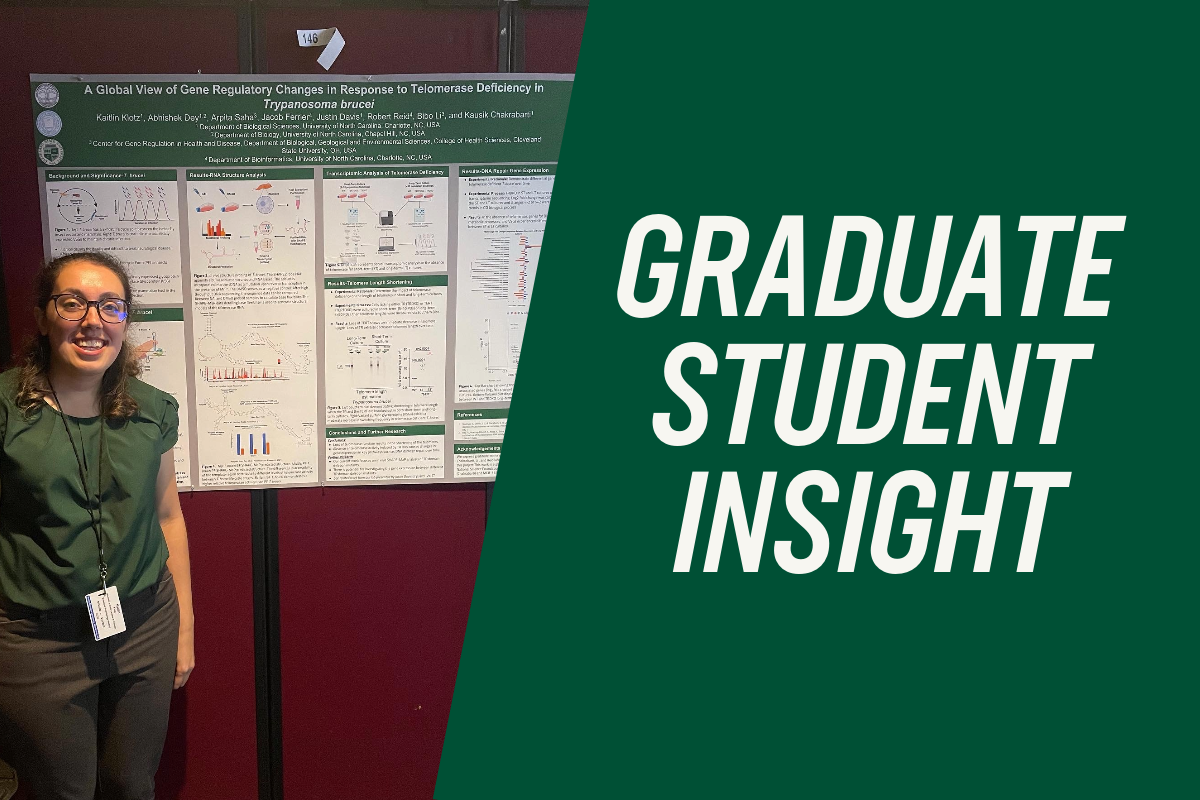
As a graduate student, you will undoubtedly put a ton of time and energy into your research project. Conferences are an exciting opportunity to share your work and gain valuable feedback while building your professional network.
When planning to present your work at a conference there are a few things you should consider. First, think about the type of presentation you would like to give. Conferences often have different presentation formats including posters, oral presentations and lightning talks. Lightning talks are generally short introductions to your work that encourage deeper conversation at a poster session or during a mixer. Poster presentations involve making a visual of your work and explaining it to colleagues who stop by to learn about your project. Oral presentations are generally longer and involve giving a synopsis of what you have done and what you have learned through your project. All formats are fantastic ways to practice communicating your research, but the format you choose will ultimately depend on your comfort with speaking to a large audience or having one-on-one conversations about your work.
Something else to consider when planning a conference presentation is the venue. You will have opportunities to share your research both on and off campus. If you choose to present your research on campus, you can connect with faculty members and colleagues who are local - making collaborations and follow-up meetings easier to facilitate than at off-campus conferences. Should you choose an off-campus conference, you see new places and expand your network to include experts and colleagues in your field who you would not have met otherwise. However, presenting at off-campus conferences often requires travel and is typically more expensive than participating in on-campus conferences. When you select your conferences, pay close attention to any associated registration and travel fees to make the decision that is best for you and your budget.
While presenting at conferences may be expensive, there are ways to secure the funding you need to communicate the results of your work. Graduate and Professional Student Government has available funding to support graduate student travel to conferences (with more funding available if you are presenting at the conference). To access the GPSG funds, watch for the application period to open and be sure to submit all application materials by the deadline. Additionally, the specific conference may have travel scholarships available, so be sure to check with the organizers to see what kinds of financial aid are available for presenters.
Once you have selected your conference and figured out how to get the funding you need to attend, it is important to prepare to make your best presentation possible. Draft your presentation early and practice, practice, practice! Generally, you will work with your research mentor to fine-tune your presentation before the conference. Additionally, you should give your presentation to friends, family and colleagues to get comfortable speaking about your research. The Graduate & Postdoctoral Writing Center as well as the University Speaking Center can help you to polish your presentation and deliver it confidently.
Once you’re at the conference, remember to relax and take it all in. Conferences are wonderful places to build your professional network, get inspired by other research happening in your field and seek advice on how to improve your work - take full advantage of everything your conference has to offer!
Article Written by Kaitlin Klotz
Kaitlin serves as a Graduate Admissions Ambassador and is studying in the Ph.D in Biological Sciences program from the College of Liberal Arts & Sciences.